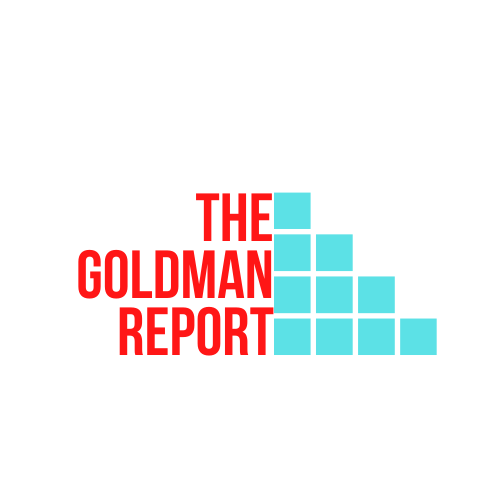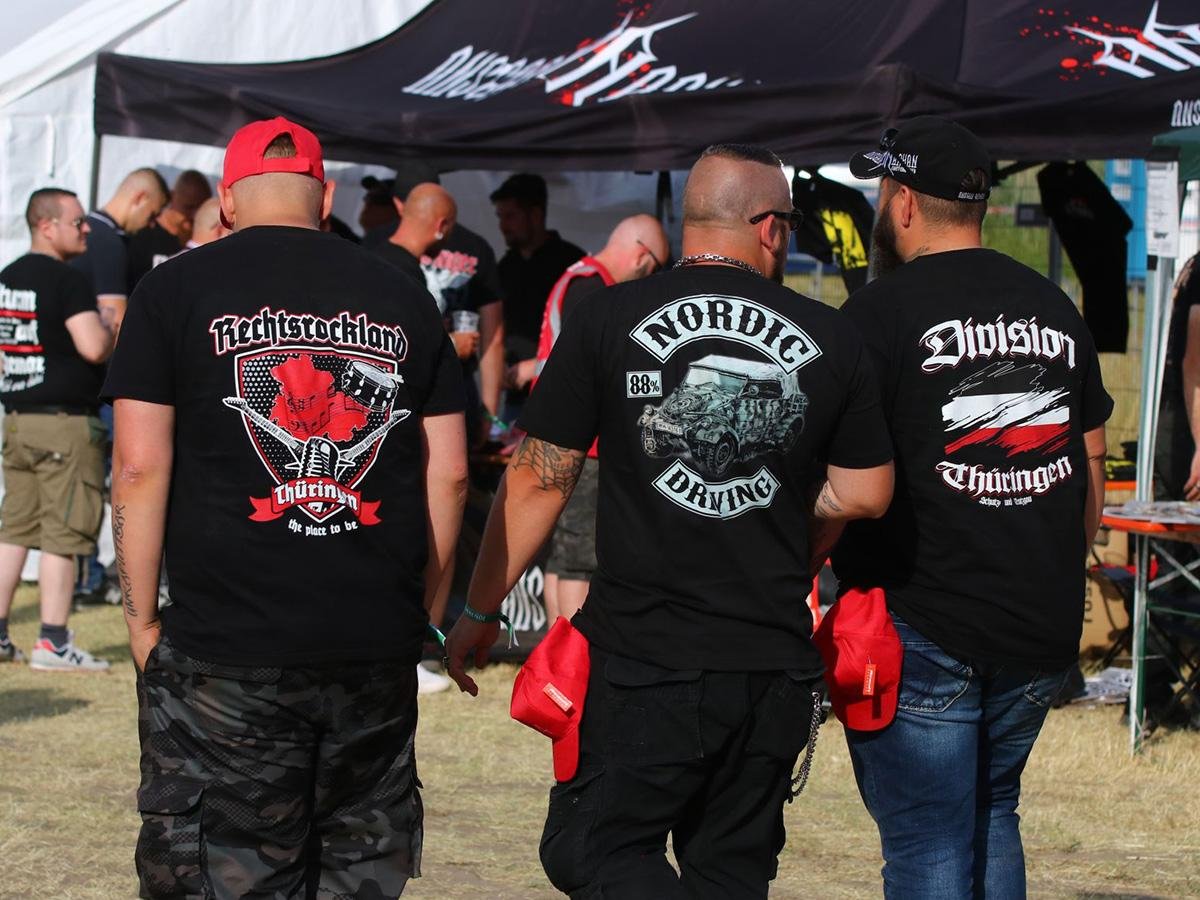German vowel initiative is attempting to undermine neo-Nazi business model
Initiative in Germany is attempting to undermine neo-Nazi business model based on disemvoweled words
A babygrow emblazoned with the slogan “I love Htlr” was one of the more egregious items Simon Knittel came across when he started delving into the murky world of Nazi merchandise.
Knittel, executive creative director of the German advertising agency Jung von Matt, decided to take the bull by the horns and apply his creative mind to come up with a practical solution to the proliferation of far-right merchandise carrying Nazi slogans, but with their vowels removed to keep them within Germany’s postwar laws.
Found on everything from boxer shorts to beer mugs, T-shirts to cushions, hoodies to spectacle cases, the slogans are part of a booming online industry that anti-fascist campaigners say helps bolster the growing scene’s coffers and identity, as well as emboldening its members.
Htlr, vowels removed to disguise the word Hitler, which would make it illegal, is just one of many examples of abbreviations including VTR LND for Vaterland (fatherland) and HKNKRZ for Hakenkreuz, the German word for swastika.
“Nazis are innovative,” Knittel says. “And my role in this job is to solve problems creatively.” So he linked up with an anti-fascist initiative, Laut gegen Nazis (Loud against Nazis, LGN), and a Hamburg law firm, to put a dent in the neo-Nazis’ business model via the trademark office. Their campaign is called Rights Against the Right.
It has scored its first success, securing the rights at the European Trademark Office to the abbreviation VTR LND, effectively blocking Nazi online stores from using it. Cease and desist letters have gone out to inform them it is now trademark-protected and merchandise that carries the abbreviation is being sold illegally.
“VTR LND is the bestseller in three online shops, according to their own filtering mechanisms,” Knittel says. “So we’ve hit them where it hurts.”
Image: https://www.endstation-rechts.de/news/extrem-rechte-musikveranstaltungen-thueringen-2022-zahlen-steigen-deutlich
Putting the VTR LND trademark in the hands of anti-fascists also means companies using it have to declare how many items they have sold – including historical sales – and pay any revenue earned from it to the initiative or face four-figure fines.
The income is paying for further trademark registrations – €1,600 (£1,385) an application in the European office, between €400 and €600 in Germany. “We’ve created a self-sufficient system,” Knittel says, sitting in his glass and brick Berlin office as he scrolls through some of the targeted online shops.
A separate crowdfunding scheme to ensure the campaign’s longevity – not least because the trademarks can be contested every five years if they are not being used commercially – has so far raised more than €18,000.
“This is just the beginning,” says Jörn Menge, a music manager who is head of LGN. “We’ve already applied for further trademarks for other rightwing codes, in the hope of stopping their sales. It’s perverse that they’ve been able to legally spread their views to the world and to finance themselves by peddling their wares. We’re trying to put a halt to that.”
By Kate Conolly
Read the full article here: https://www.theguardian.com/world/2024/jan/08/german-anti-fascists-aim-trademark-nazi-slogans-hit-where-hurts



